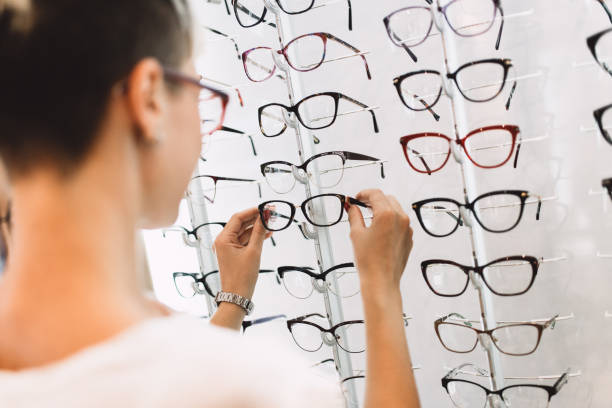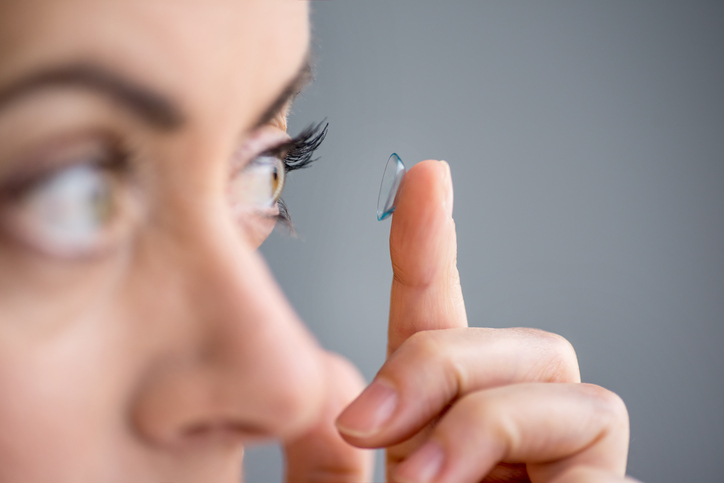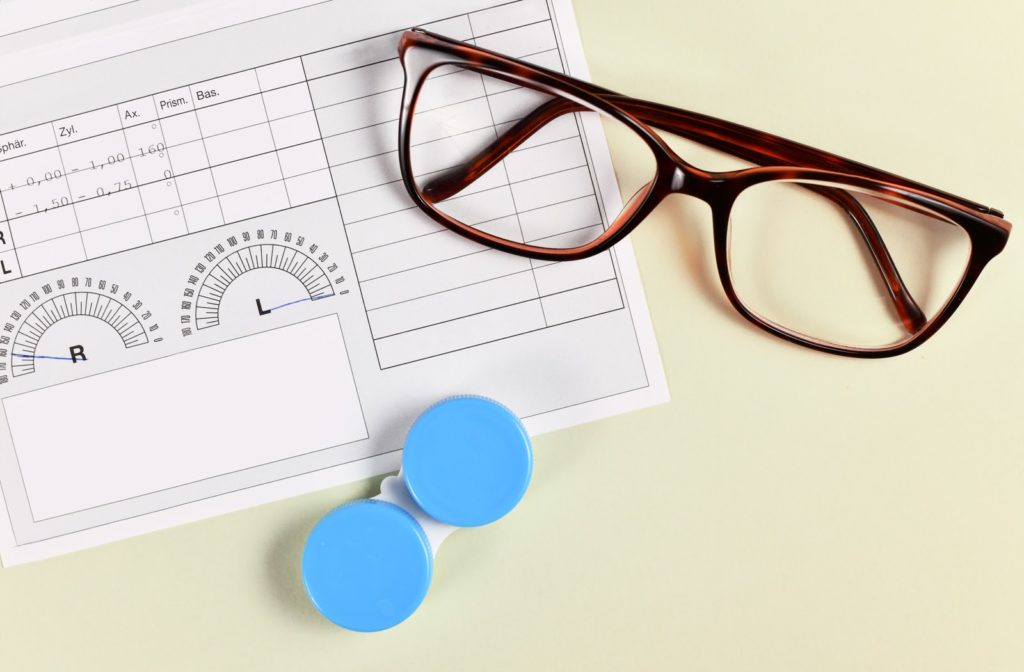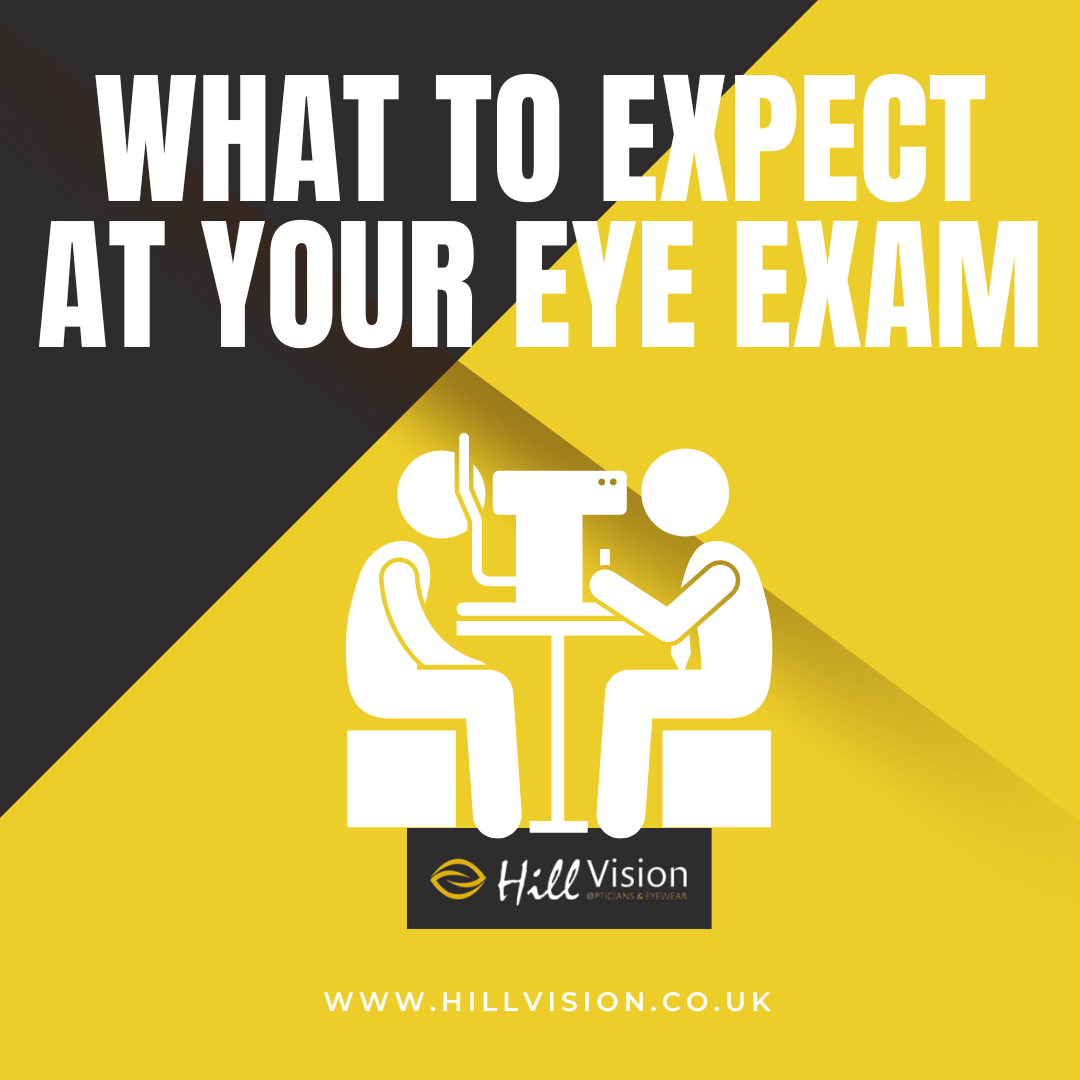Two of the most popular options for correcting vision problems are glasses and contact lenses. Both options have advantages and disadvantages, and the choice between them largely depends on individual preferences and needs.
Glasses are the more traditional option and have been used for centuries. They are a straightforward way to correct vision problems and can also be used as fashion accessories. Glasses come in various styles, shapes, and colours, allowing people to choose a pair that suits their tastes.
One of the most significant advantages of glasses is that they are easy to use and require little maintenance. You put them on in the morning and take them off at night. They are also easy to clean, and most people can do it with just a few swipes of a cloth.
Another advantage of glasses is that they can be a fashion statement. Many designer brands offer stylish frames, and glasses can be a way to express your personality and sense of style. They can also be a way to make a statement or to stand out from the crowd.
However, glasses do have some drawbacks. One of the biggest is that they can be heavy and uncomfortable, especially if you wear them for long periods. They can also get in the way when you play sports or engage in other physical activities.
This is where contact lenses come in. Contact lenses are a more modern alternative to glasses and have gained popularity over the years. Contact lenses are small, flexible lenses that sit directly on the eye. They can correct many vision problems, including nearsightedness, farsightedness, and astigmatism.
One of the most significant advantages of contact lenses is that they are lightweight and comfortable. They sit directly on the eye, so you don’t have to worry about them slipping or falling off. They are also great for people who engage in physical activities, as they don’t get in the way or fog up like glasses.
Another advantage of contact lenses is that they offer better peripheral vision. Glasses can limit your field of vision, especially if you have a strong prescription. Contact lenses sit directly on the eye, so they don’t obstruct your vision similarly.
However, contact lenses do have some drawbacks as well. They require more maintenance than glasses, as you need to clean and disinfect them regularly. They can also be more expensive than glasses, especially if you need to replace them frequently.
In addition, some people may find contact lenses uncomfortable or difficult to use. They require more practice to insert and remove than glasses, and they can irritate the eyes if not properly cared for.
In conclusion, choosing between glasses and contact lenses largely depends on individual preferences and needs. Glasses are a simple option that requires little maintenance and can be used as a fashion accessory.
Contact lenses are a more modern alternative that offers better peripheral vision and are great for physical activities but require more maintenance and can be more expensive. Ultimately, it’s up to each person to decide which option works best for them.

There are a number of types of glasses available for various purposes. Here are some of the most common types:
Single Vision Glasses: These are the most common type of glasses that correct vision for a single distance, either for distance or reading.
Bifocal Glasses: These glasses have two different prescription lenses in one pair of glasses, usually for distance and reading.
Progressive Glasses: These are similar to bifocal glasses, but instead of having two separate prescriptions, they gradually change lens power from the top to the bottom of the lens.
Reading Glasses: These glasses are designed specifically for people with presbyopia, an age-related condition that makes it difficult to see things up close.
Computer Glasses: These glasses are designed to reduce eye strain and fatigue caused by prolonged computer use.
Sports Glasses: These glasses are designed specifically for people who play sports and require eye protection or enhanced vision.
Safety Glasses: These glasses are designed to protect the eyes from potential hazards in the workplace or during certain activities, such as construction or laboratory work.
Fashion Glasses: These glasses are designed primarily for style and fashion and are available in various colours, shapes, and types.
Overall, many types of glasses are available, each designed for a specific purpose. Choosing the correct type of glasses for your needs and preferences is essential to ensure optimal vision correction and eye health.

There are several types of contact lenses available, including:
Soft contact lenses: made from a soft, flexible material that allows oxygen to pass through to the eye.
Rigid gas permeable (RGP) contact lenses: made from a tough, oxygen-permeable material that allows the eye to breathe.
Hybrid contact lenses combine a rigid gas-permeable centre and a soft outer ring, providing the clarity of an RGP lens and the comfort of a soft lens.
Scleral contact lenses: large diameter lenses that rest on the sclera (white part of the eye) and vault over the cornea, used for irregular corneas, severe dry eye or other conditions.
Orthokeratology (Ortho-K) lenses: a rigid contact lens worn overnight to temporarily reshape the cornea and provide clear vision without glasses or contacts during the day.
Coloured contact lenses: tinted lenses that can enhance or change the natural colour of the eyes.
Toric contact lenses: lenses designed to correct astigmatism, a standard refractive error that causes blurry or distorted vision.
Multifocal contact lenses: lenses designed to correct presbyopia, which is a condition that affects near vision as people age.
Your optometrist can help you determine which type of contact lenses is best for your eyes and lifestyle.






